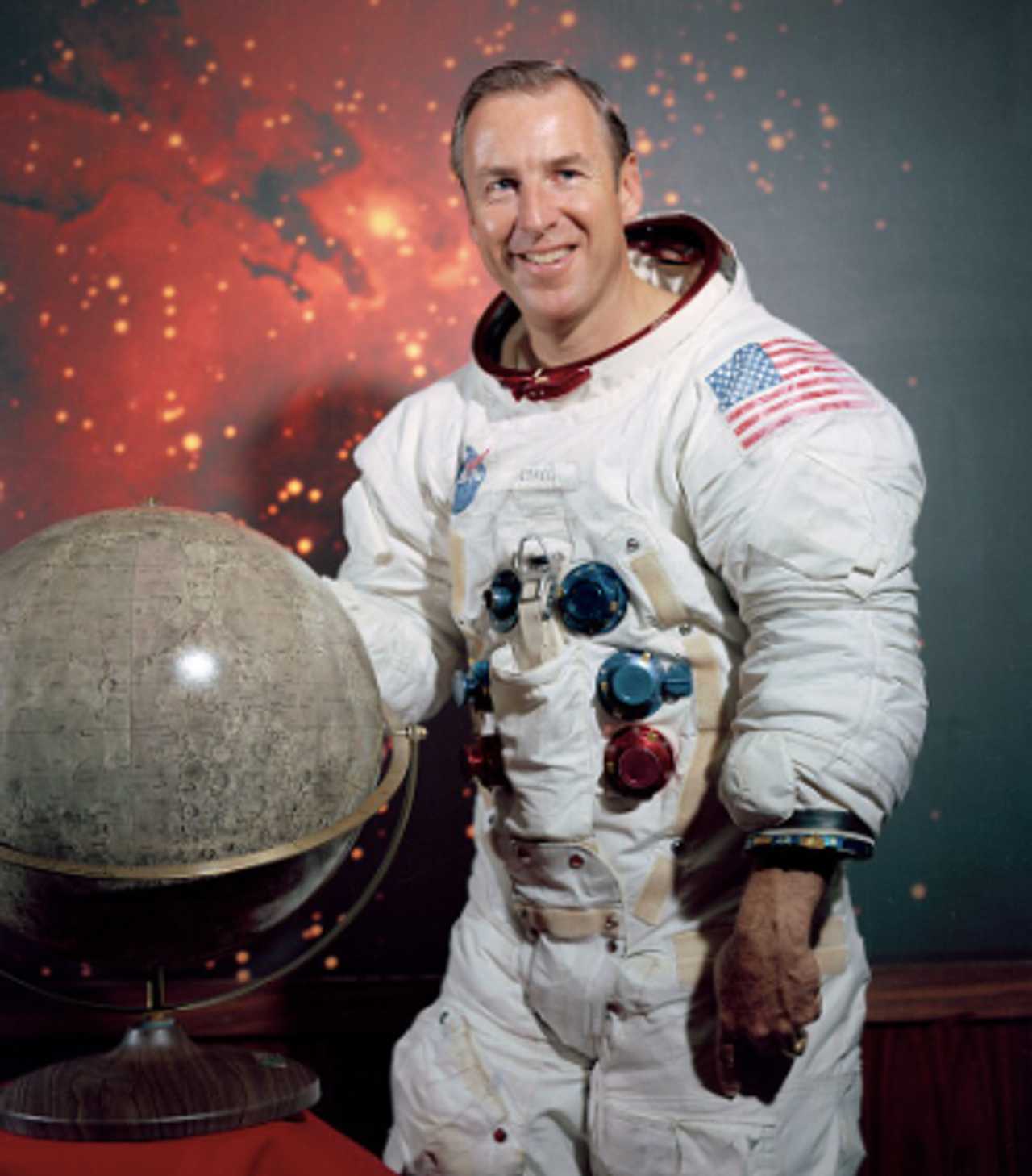
By Joe Lombardi From Daily Voice
His steady voice —“Houston, we’ve had a problem”— became an instant part of American history.
Jim Lovell, the indomitable astronaut who steered Apollo 13 safely back to Earth after a life-threatening explosion in space, has died at age 97.
NASA announced his death on Friday afternoon, Aug. 8, marking the end of a remarkable life spent on the frontiers of exploration and resilience.
Lovell’s name became synonymous with calm leadership under pressure during the harrowing 1970 Apollo 13 mission, which was famously dubbed a “successful failure.”
When an oxygen tank exploded more than 200,000 miles from home, Lovell’s uttered the iconic “Houston, we’ve had a problem” update to NASA's Mission Control Center in Texas. The Apollo 13 movie, in which Tom Hanks played Lovell, slightly reworded the line to "Houston, we have a problem."
In any case, Lovell's quick thinking and teamwork with fellow astronauts and ground control turned a potential tragedy into one of NASA’s proudest moments.
Born in Cleveland, Ohio, in 1928 and raised in Wisconsin, Lovell graduated from the US Naval Academy before joining NASA’s second class of astronauts.
He was the first person to fly to the Moon twice, first on Apollo 8 — the historic 1968 mission that made him and his crewmates the first humans to orbit the Moon — and then on Apollo 13.
Across four spaceflights, including Gemini 7 and Gemini 12, he logged nearly 30 days in space — an unprecedented feat at the time.
After retiring from NASA and the Navy in 1973, Lovell went on to a successful business career and co-authored “Lost Moon,” the book that inspired the Oscar-winning film Apollo 13.
He was honored with the Presidential Medal of Freedom, the Congressional Space Medal of Honor, and countless other awards.
Lovell is survived by his four children. His wife of 71 years, Marilyn, died in 2023.
Sean Duffy, NASA’s acting administrator, called Lovell “an inspiration to generations,” adding: “He showed the world that courage, ingenuity, and teamwork could bring even the most imperiled missions home.”

 Daily Voice
Daily Voice
 Associated Press US News
Associated Press US News Raw Story
Raw Story